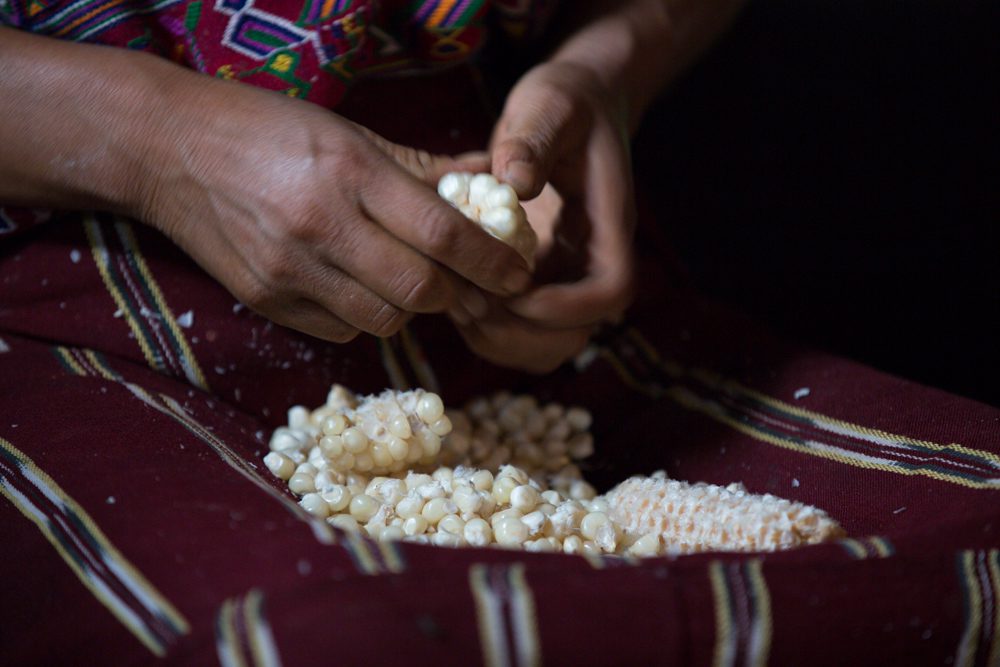In 2000, the world’s leaders came together to set the Millennium Development Goals, an ambitious plan to halve poverty and hunger in 15 years. We’ve made huge progress, actually accomplishing many of the goals. However, the work is not done yet. In the coming days, representatives from the member countries of the United Nations will gather in New York to affirm the next step, the Sustainable Development Goals (SDGs), which aim to end hunger and poverty completely.
We know that God desires for all those who bear the image of God to flourish. Christ’s life of sacrifice and service calls us to work for the glory of God and the good of our neighbor. The SDGs represent one way that the world’s leaders have chosen to align with God’s desire for flourishing by supporting the development of all those who bear God’s image.
While you’ll hear a lot from Bread for the World about the SDGs over the coming years, we thought it appropriate to pause here at their nascent beginning to ask in prayer for:
- People who most desperately need help around the world, that they too would flourish in their expression of the image of God.
- The church, that we would support the sustainable development of all of our neighbors with prayer, action, and giving.
- Our government’s leaders, that they would prioritize the good of the most desperate in our society.
When you commit to joining in praying for an end to hunger, we will email you twice a month with specific prayer requests and sample prayers. Learn more about how you can get involved with prayer at Bread.



